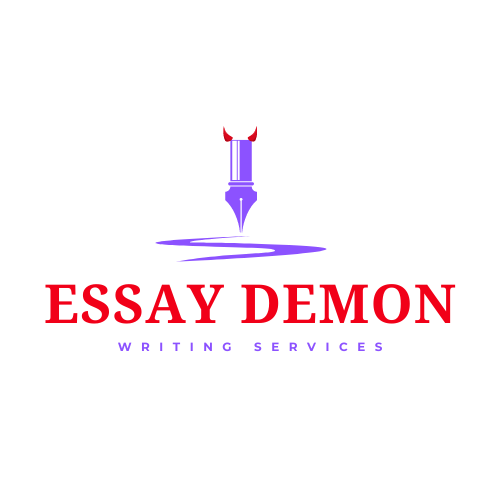Efficient and successful literacy directions provide preschool children with suitable settings, materials experience, and the required social support to give confidence to children for the early forms of reading and writing that will gradually progress and develop into traditional literacy. These basics can be broken down into specific plans, methods or maneuvers with research skills for obtaining their goals. These approaches can be linked with elementary grade reading achievements which are considered the most effective way to make literacy activities meaning and enjoyable for children. The increasing and developing research on literacy for young children is rapidly growing into the essence of facts that is very useful for the daily practice of literary education.
Evolving literacy is a steady and reliable subject matter in research, practice, and policy which is about early education and for providing services to children to children with and without disabilities. Commitment to literacy is a major factor for learning decisive literary skills. When young children show positive engagement in classroom routines and activities, they tend to learn much more. Because of classroom commitment and activities, skilled educationists appraise and monitor children’s engagement levels with the aim of facilitating change if the commitment is not up to the required level. They identify critical components of early literacy motivation to augment childhood classrooms and adult interactions to promote the maximum child-literacy motivation.
They also identify motivation and engagement to identify sub-components of child behavior that are used to increase motivational levels. Recognize aspects that are relevant to children’s literacy motivations, use the appropriate tools to evaluate children’s engagement levels to understand results and implement practices that have positive influences on the motivation and engagement for children’s literacy. Technology can provide the helping hand to support children with disabilities to take an active part in literary activities. Adaptations in materials and the environment help families and educators meet the challenge of assisting young children in gaining literacy skills at a young age.
Active involvement of children in literacy is quite natural, but for children with “disabilities” participation in the learning process may pose quite a challenge. Children with physical and cognitive handicaps, and lack the inherent capabilities to learn literacy in the same manner as normal children do. Learning opportunities that are offered through theatrical activities may help children who have no means to express their emotions through normal ways. Disabled children might have the desire to read books, but lack the capability for handling and turning pages. It is evident that without the help of others these children might not be able to develop book communication skills which are used for learning concepts.
Order Now and get custom academic writing on “Literacy Development In Young Children”. Read the next article on Five developmental stages of a child

